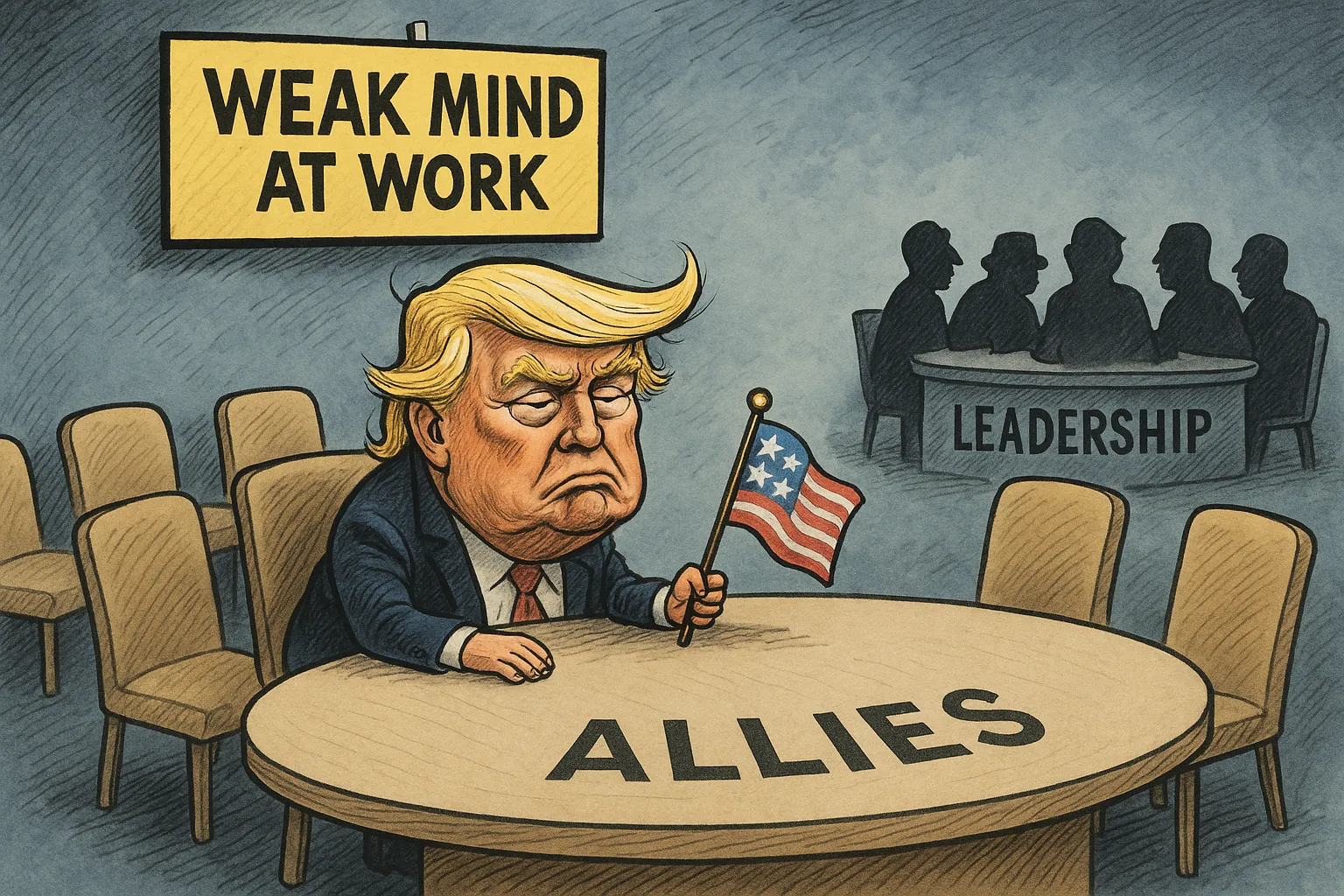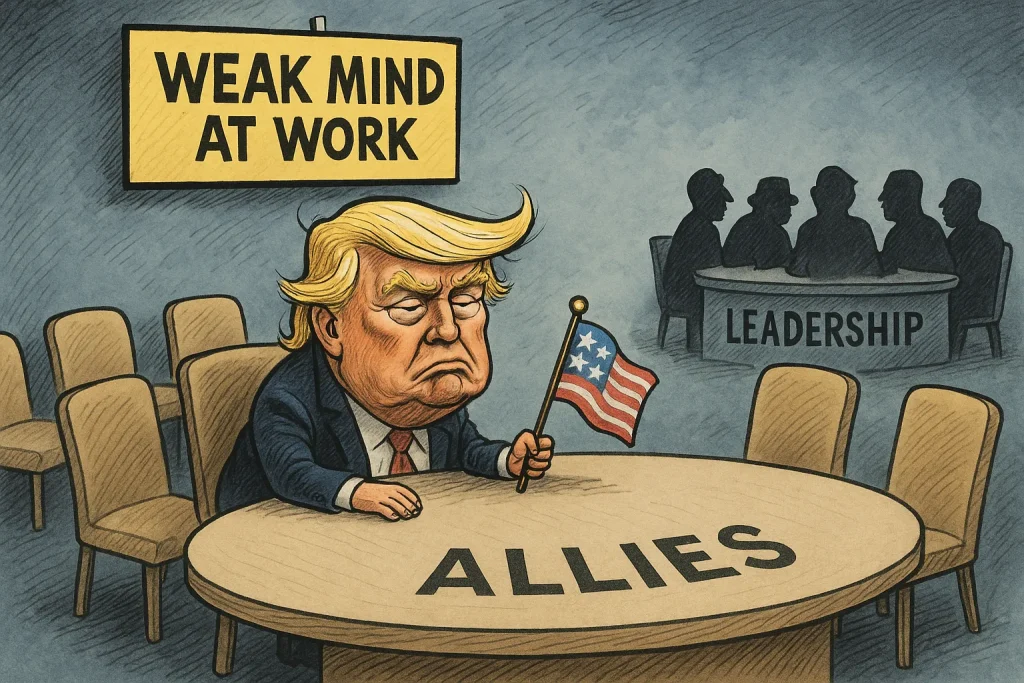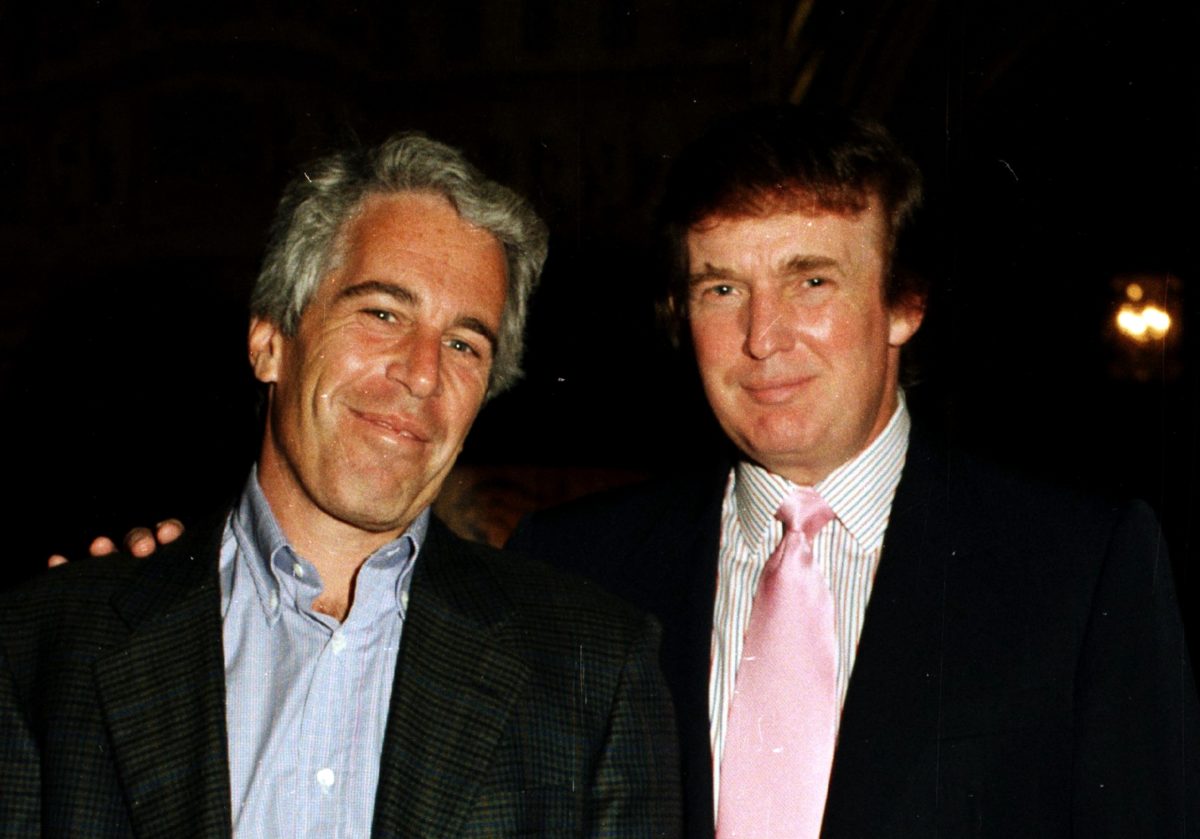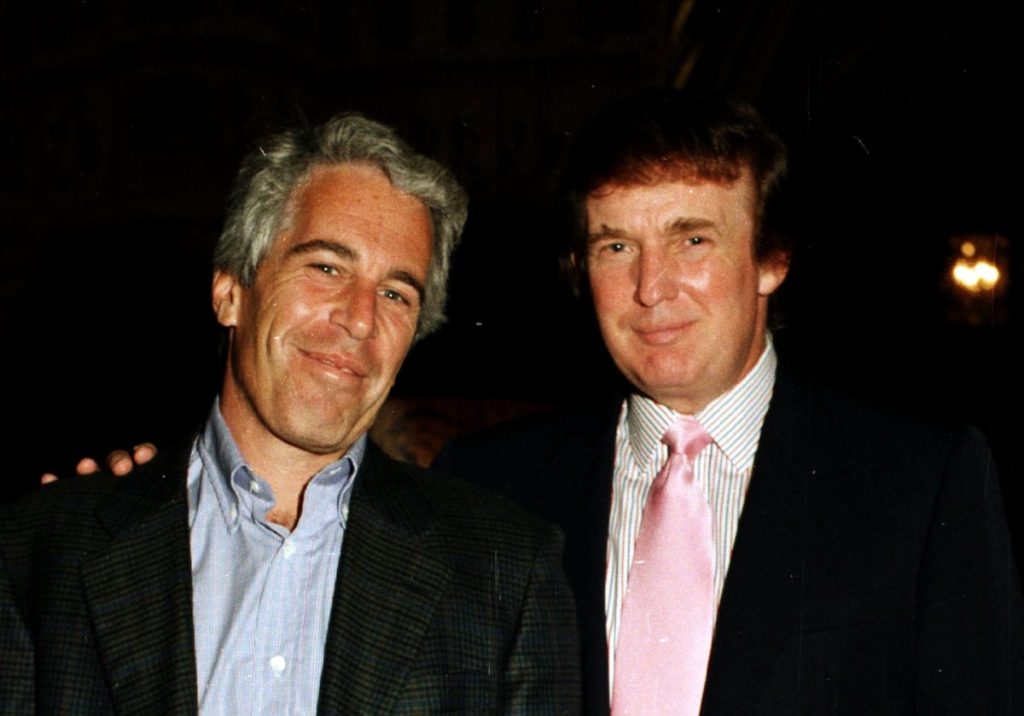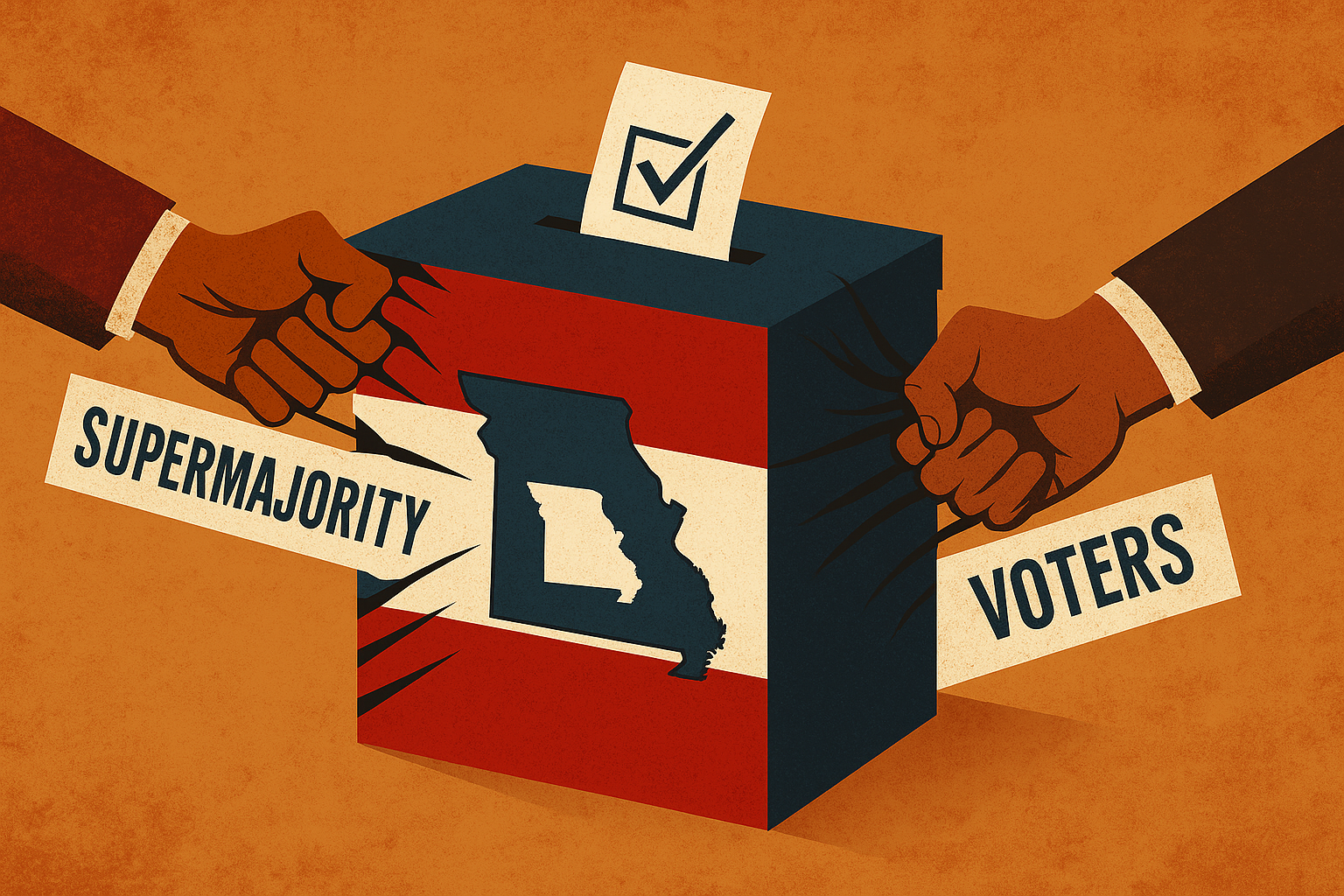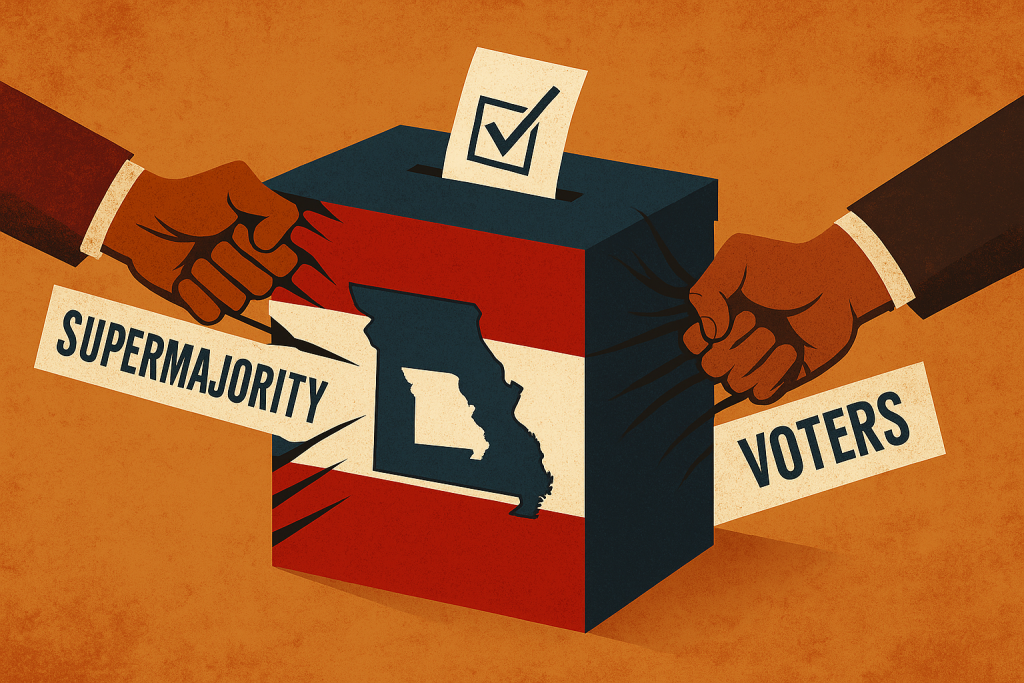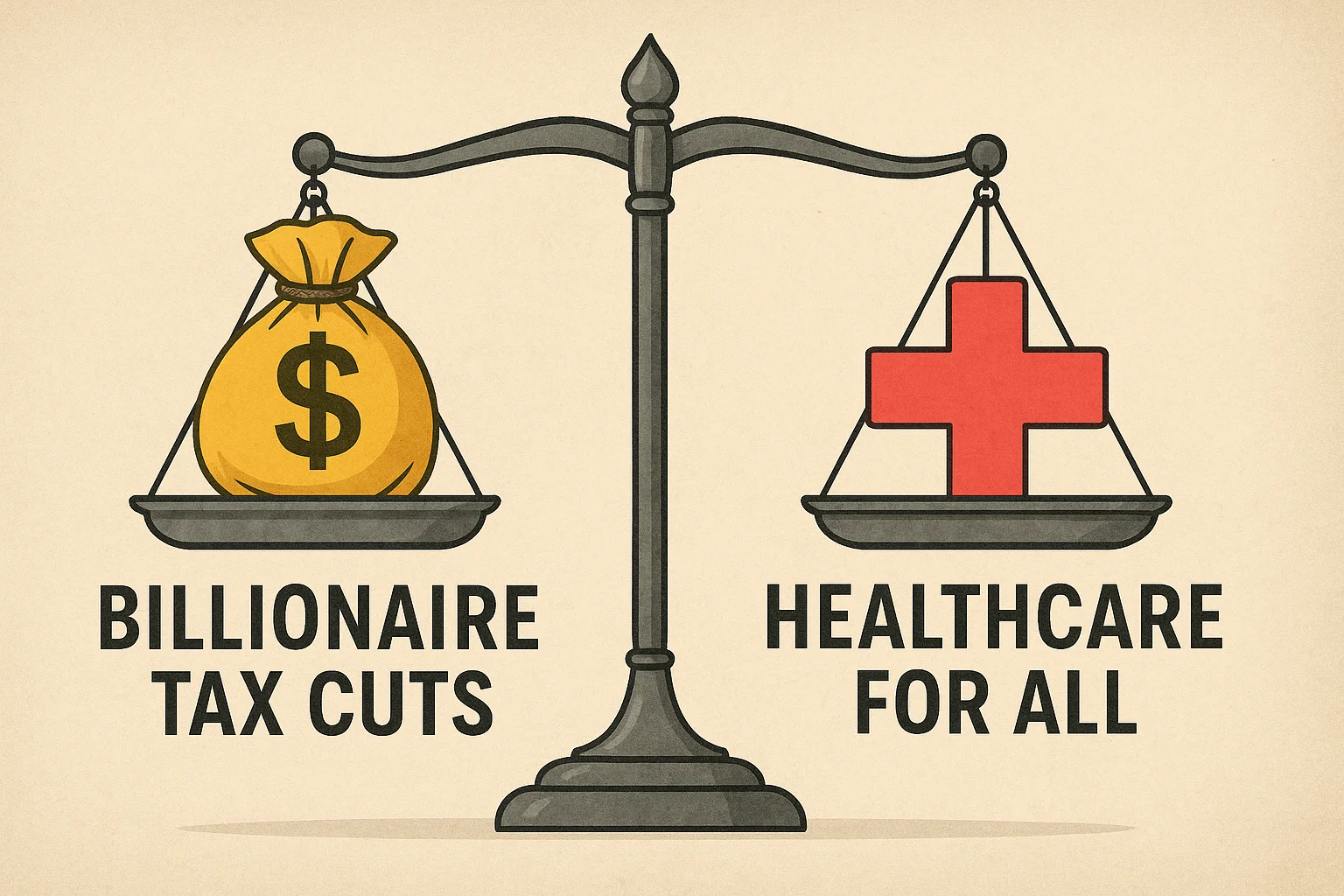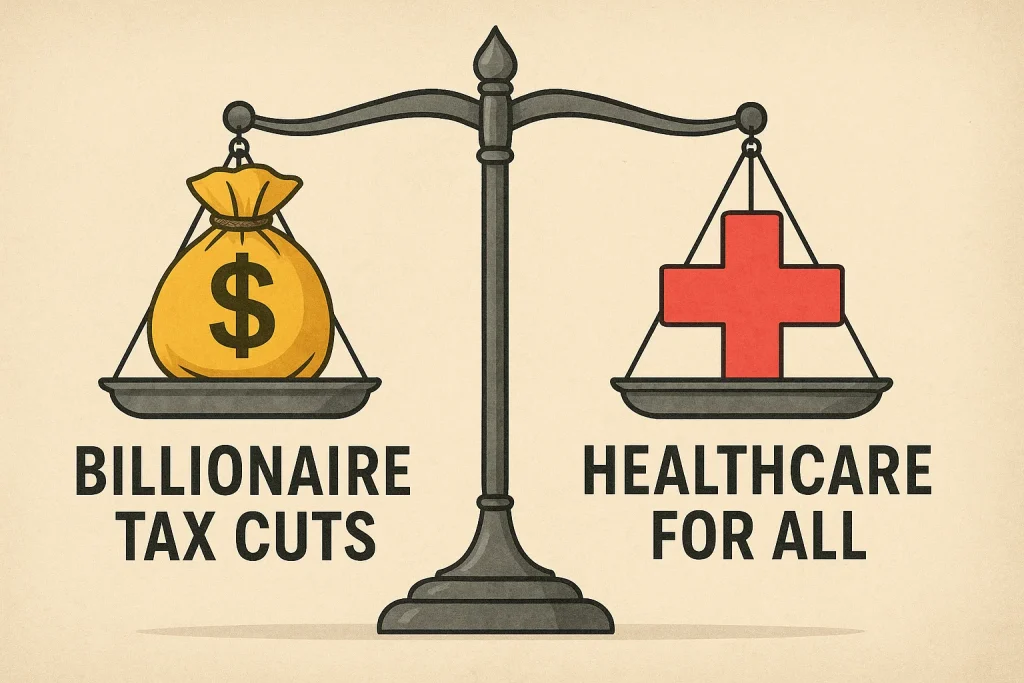
By Ricky Dana, Candidate for U.S. House – Missouri’s 4th District
🛡️ Campaign Safety Equipment – Protect Our Campaign, Protect Democracy 🛡️
Campaign safety equipment is no longer optional—it’s essential. Across America, political violence is rising. Candidates, volunteers, and everyday citizens are being threatened simply for exercising their democratic rights. If we want to keep our voices strong here in Missouri’s 4th District, we must act boldly and without delay.
⚠️ The Reality of Political Violence
This isn’t theory—it’s fact. We have all seen the headlines: rallies disrupted, threats made against school board members, attacks carried out against political figures. Political violence is an intentional strategy to silence voices and discourage participation in democracy. I will not let that happen in our communities. But to stand firm, I need your help to secure the protective tools that allow us to meet voters face-to-face without fear.
💪 Why Campaign Safety Equipment Matters
Running for office isn’t about hiding behind closed doors. It’s about showing up—at county fairs, church picnics, town halls, and Main Street businesses. But showing up safely requires real tools: event security measures, protective gear, and resources to ensure every gathering can be conducted with confidence. Campaign safety equipment means our team stays protected, our message stays strong, and our democracy stays alive.
🚨 A Call to Action
Here in Missouri, we pride ourselves on being the “Show-Me State.” Well, I’m showing you the reality: without reliable safety resources, our movement faces risks that no grassroots effort should endure. But with them, we can keep talking with farmers, teachers, veterans, and families in every corner of this district. Your contribution ensures that intimidation cannot and will not stop us.
🌾 Protecting People, Protecting Voices
This campaign isn’t about special interests or billionaire donors. It’s about regular Missourians who know that democracy belongs to us all. When you chip in, you’re helping buy the campaign safety equipment that makes it possible for me to keep showing up in our towns and counties. You’re also supporting our broader mission to build Missouri first—because safe, strong communities depend on more than just words; they depend on action.
👉 Chip in today to fund campaign safety equipment and protect our democracy 👈
🔥 This Fight Is Bigger Than One Campaign
When you donate, you aren’t just protecting me. You’re defending the principle that political violence will not decide who represents us. You’re making sure that Missouri’s 4th District has a candidate who refuses to be silenced, intimidated, or bought off by big money. Together, we will send a message: democracy is stronger than fear. With your help, we’ll keep moving forward—safely, boldly, and without apology.
Contribute Now – Help Provide Campaign Safety Equipment







